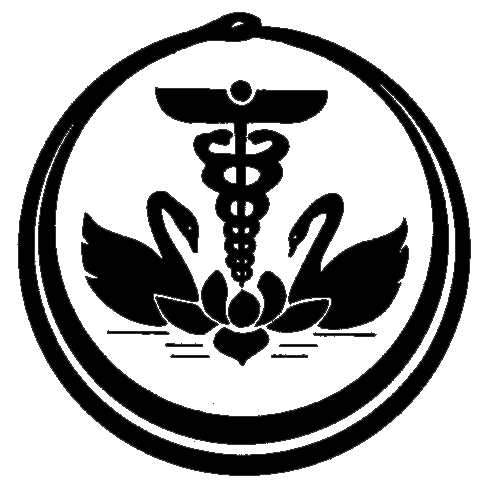In medical history in Western civilization several different philosophical views about the nature and origin of health and illness can be detected. One philosophy is symbolized by the goddess Hygeia. The Hygeian school, dominated by Hippocrates, advocates that health is the natural state of the body when one lives according to natural law. Hippocrates propagated the view that within the body are inherent healing powers that have the innate capacity to maintain health or to restore health when it has been impaired. Hippocrates dictated that the origin of disease was tremendously complex and that the disease process involved every aspect of the individual’s life. He also emphasized the importance of personal responsibility in maintaining and restoring health. The philosophy of the homeopathic system of medicine is similar to that of the Hygeian school.
These concepts are in total opposition to those of the Aesclepian school that prevails today and that points at single agents as causative factors of disease. Each disease is considered to have a particular cause. Likewise, a particular chemical agent can be used to eliminate the cause, the disease and its symptoms. In this school the responsibility for health is focused on intervention, usually chemical in nature.
It is interesting to note, however, that while the discoveries of Pasteur, Koch and others were no doubt tremendously instrumental in insuring the decline of acute infectious diseases and thus reducing the high mortality among infants, children and youth, the consequent expansion of the average span of life has been accompanied by a markedly alarming emergence and prevalence of chronic degenerative diseases. The Aesclepian school, with its one cause one cure theory, has run up against a brick wall so to speak since these chronic diseases, with their complex multiple etiological factors, are not amenable to specific chemical therapy and procedures. At best, palliation but not cure can be achieved.
Even more important, if one views health and illness from the viewpoint of Hippocrates, one can question if the epidemic of chronic diseases seen in the latter part of the twentieth century is the direct consequence of the chemical onslaught begun in the earlier part of the century and maintaining still today. If there is an innate healing force within everyone that can maintain and restore health, is it not also probable that if this subtle power is repeatedly suppressed from carrying out its intended function, might it not eventually lose the capacity to heal?
According to Stuart Close: “…disease is resistance. Disease, manifested by symptoms, expresses the vital reaction and resistance of the living organism to the inroads of some injurious agent or influence.” From this perspective, pain and inflammation and fever are not the real disease and therefore should not be aborted.
The highly proclaimed antibiotics may indeed turn out to be a double edged sword. The possibility that the dreaded bacteria, viruses and other unknown microorganisms thought to be lurking in the wings may actually be innocent bystanders.
. . . to be continued
Dr. Barbara Bova, HOD, Department of Homeopathy
